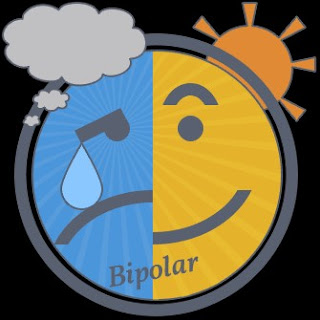Bipolar disorder may involve accelerated epigenetic aging, which could explain why persons with the disorder are more likely to die from age-related diseases. Chronological age is measured in the amount of time that a person has been alive, epigenetic age measures molecular markers of chemical modifications to DNA. Bipolar disorder has been previously associated with accelerated aging but the mechanisms are unknown.
The chemical modifications could be precipitated by the disorder itself or by poor lifestyle habits in diet, exercise, tobacco use and illegal substance use. Controlling these factors is just as important as taking medications. Using blood samples, the researchers compared patients with bipolar disorder, siblings of bipolar patients and healthy controls.
They also found that while older bipolar disorder patients had significantly accelerated epigenetic aging compared to controls, no difference was found in younger patients.A difference wasn’t detected in younger patients because they haven’t had as much exposure to stressful events. This gave us a hint that cumulative chronic exposure to stress would relate to accelerated aging.
We would see it more in older people who have experienced a lifetime of stress in dealing with the disease. Along with the epigenetic clock, the study included two other biologic clocks: telomere length and mitochondrial DNA copy numbers. The epigenetic acceleration correlated with the number of copies of mitochondrial DNA, suggesting that the cross-talk between the nucleus and the mitochondria might be underlying the premature aging in bipolar disorder.
haleplushearty.blogspot.com



